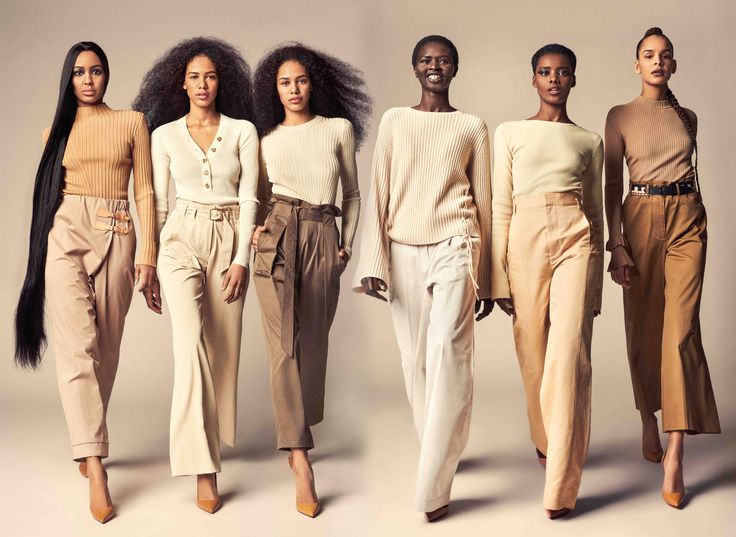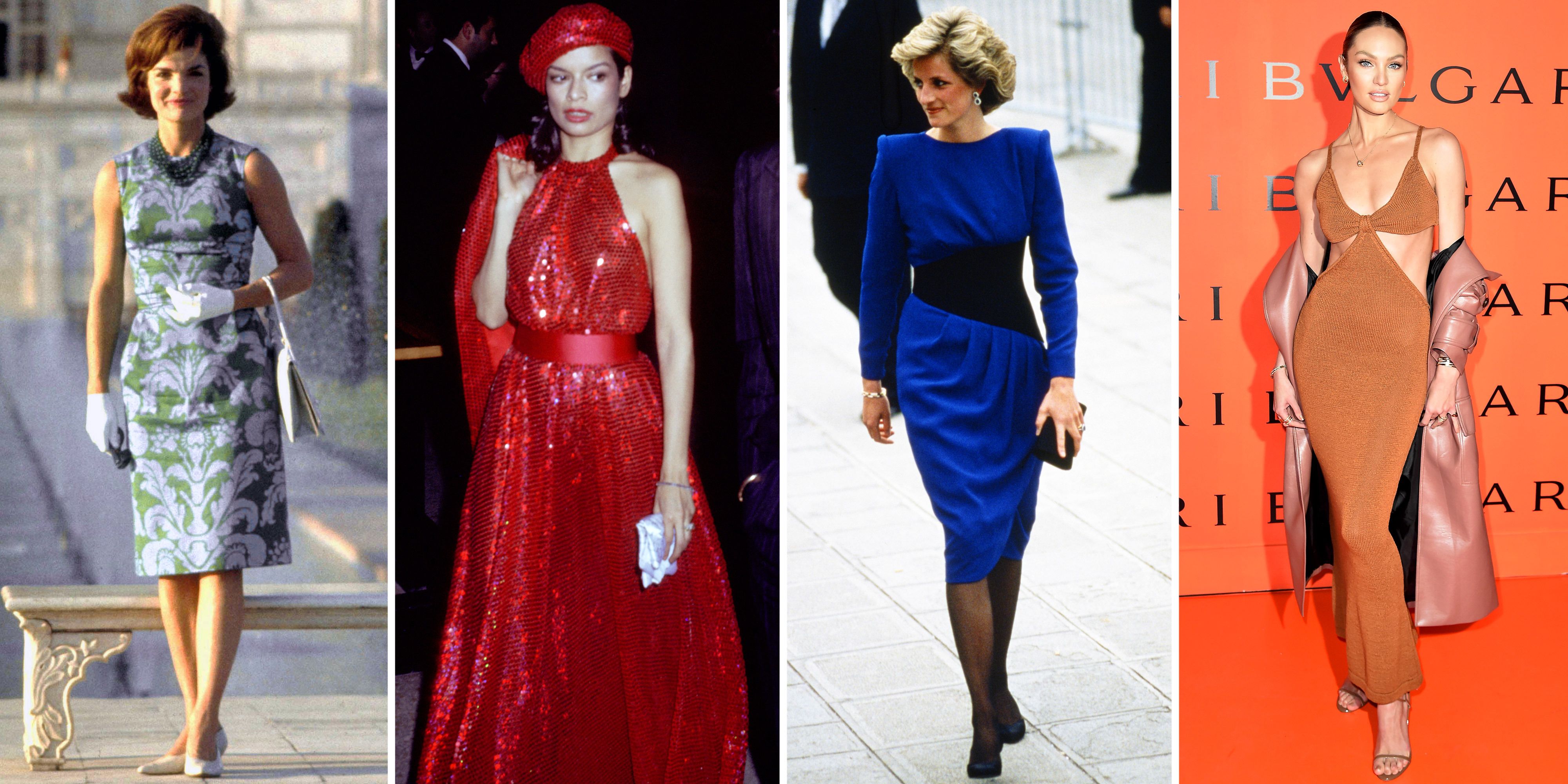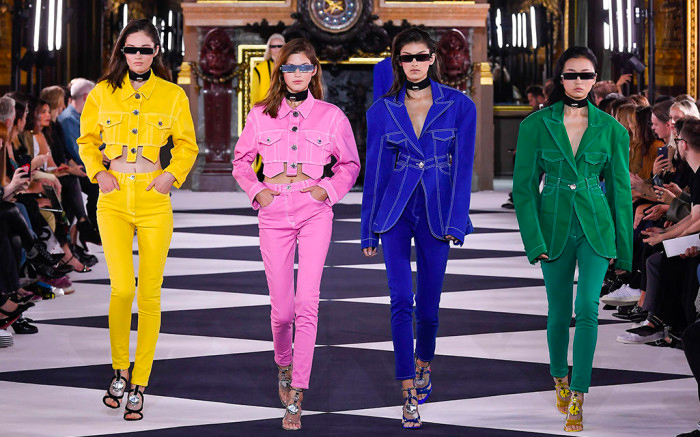Fashion Industry: Unveiling Trends and Exploring the Future
By Ankita Thakur July 10, 2023

The fashion industry has always been an ever-evolving and captivating realm, shaping our sense of style and self-expression. From haute couture runways to street fashion, this creative domain has the power to influence cultures, redefine norms, and reflect societal changes. As we step into the future, the fashion industry finds itself at the intersection of tradition and innovation, presenting exciting possibilities for consumers and industry professionals alike. In this blog, we will delve into the world of fashion, exploring its past, present, and the promising future that lies ahead.
The Evolution of Fashion:- Throughout history, fashion has been an integral part of human civilization, serving as a means of communication, social status, and personal identity. From ancient civilizations to modern times, fashion trends have constantly evolved, adapting to the cultural, economic, and technological advancements of each era. The Industrial Revolution in the 18th century brought about mass production, making fashionable clothing more accessible to the masses. In the early 20th century, designers such as Coco Chanel and Christian Dior revolutionized fashion by introducing new silhouettes and liberating women from restrictive clothing. The latter half of the 20th century witnessed the rise of ready-to-wear fashion and the birth of iconic fashion houses like Gucci, Versace, and Calvin Klein.

The Present Fashion Landscape:- In recent years, the fashion industry has witnessed significant changes driven by various factors. Sustainability and ethical practices have become paramount concerns, leading to a surge in eco-friendly fashion, fair trade initiatives, and the use of innovative materials. Consumers are now demanding transparency and accountability from brands, creating a shift towards conscious consumption. Digitalization has also played a pivotal role in shaping the present fashion landscape. Social media platforms have transformed the way fashion is consumed, with influencers and content creators becoming key players in setting trends. E-commerce has skyrocketed, providing consumers with a convenient and global shopping experience. Moreover, advancements in technology, such as augmented reality (AR) and virtual reality (VR), have started revolutionizing the way people shop, offering immersive and personalized experiences.

The Future of Fashion:- As we look to the future, the fashion industry holds immense potential for innovation, creativity, and sustainability. Here are a few key trends and developments that will shape the future of fashion:

1. Sustainability Takes Center Stage: With increasing awareness about environmental and social issues, the fashion industry is embracing sustainable practices. We can expect to see a rise in eco-friendly materials, circular fashion initiatives, and brands adopting ethical production methods. Slow fashion, which emphasizes quality over quantity and encourages longevity in clothing, will gain momentum.
2. Technology Redefines the Shopping Experience: As technology continues to advance, it will reshape the way we shop for fashion. Virtual reality (VR) and augmented reality (AR) will enable consumers to try on clothes virtually, enhancing convenience and reducing returns. Customization and personalization will become more prevalent, allowing individuals to create unique and tailored fashion experiences.
3.. Inclusivity and Diversity: The fashion industry has made strides towards inclusivity and diversity in recent years, but the future holds even greater potential. The representation of different body types, ethnicities, genders, and abilities will continue to expand, promoting inclusivity and empowering individuals to embrace their uniqueness.
4. Innovative Materials and Production Methods: The fashion industry will witness advancements in fabric technology and sustainable manufacturing processes. Biofabrication, 3D printing, and the use of recycled materials will become more prevalent, reducing the industry''s environmental footprint.
In Conclusion, The fashion industry has a rich history of reinvention and adaptability, and the future promises even more exciting transformations. With a growing emphasis on sustainability, technology-driven innovation, inclusivity, and ethical practices, the fashion industry is poised to shape a more sustainable, inclusive, and technologically advanced future. By embracing eco-friendly materials, ethical production methods, and diverse representation, the fashion industry is paving the way for positive change. With advancements in technology enhancing the shopping experience and enabling customization, fashion will become more accessible and personalized. As we move forward, it is crucial for industry professionals, consumers, and stakeholders to collaborate in order to create a fashion industry that reflects our values, respects the planet, and celebrates individuality. Together, we can build a future where fashion is not just a reflection of style, but a force for good in the world.
#FashionIndustry #FashionTrends #SustainableFashion #EthicalFashion #FutureofFashion #FashionInnovation #DigitalFashion #SlowFashion #FashionTech #InclusiveFashion #FashionForward #FashionRevolution #FashionSustainability #FashionInfluencers #FashionEcommerce
